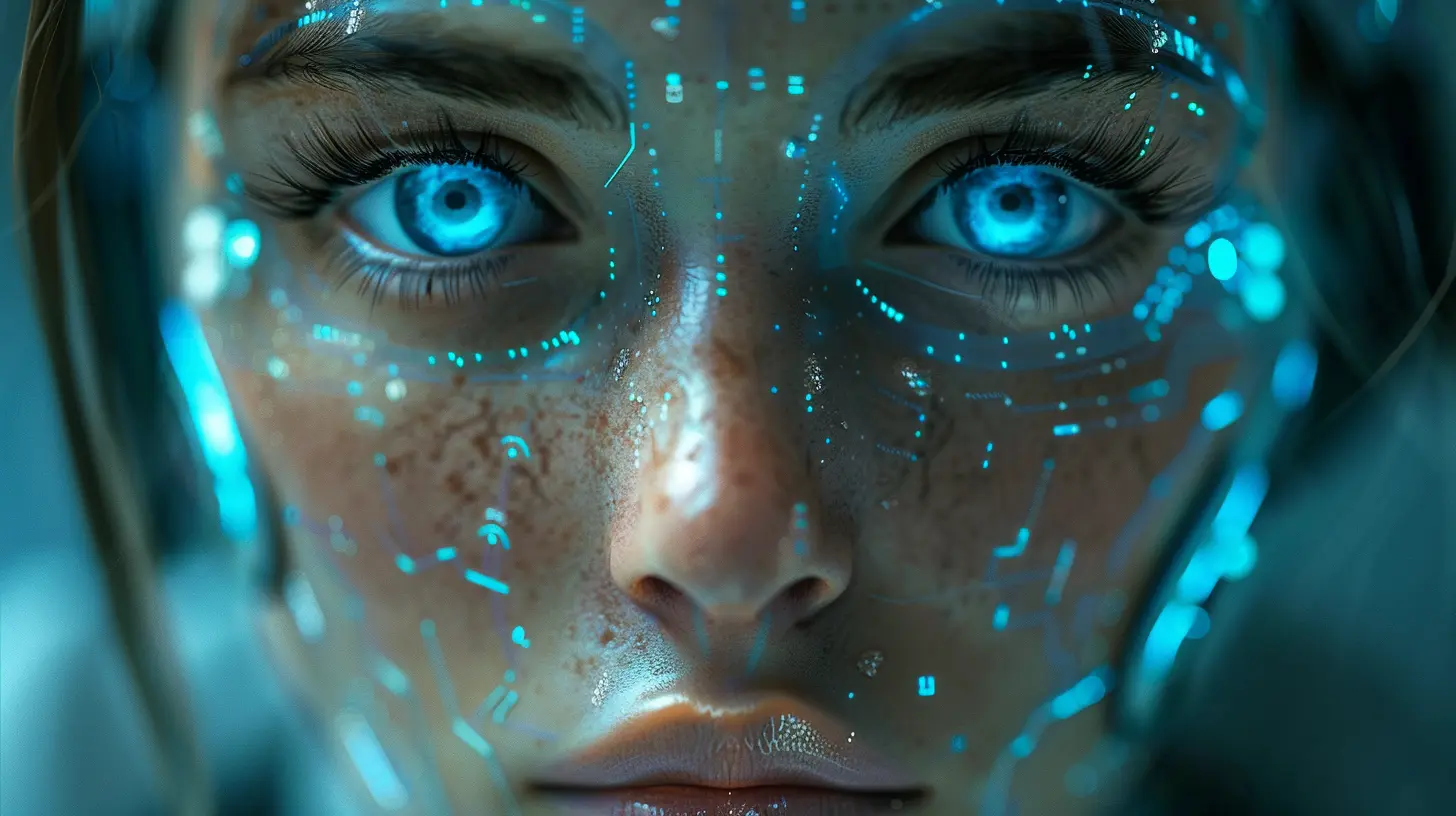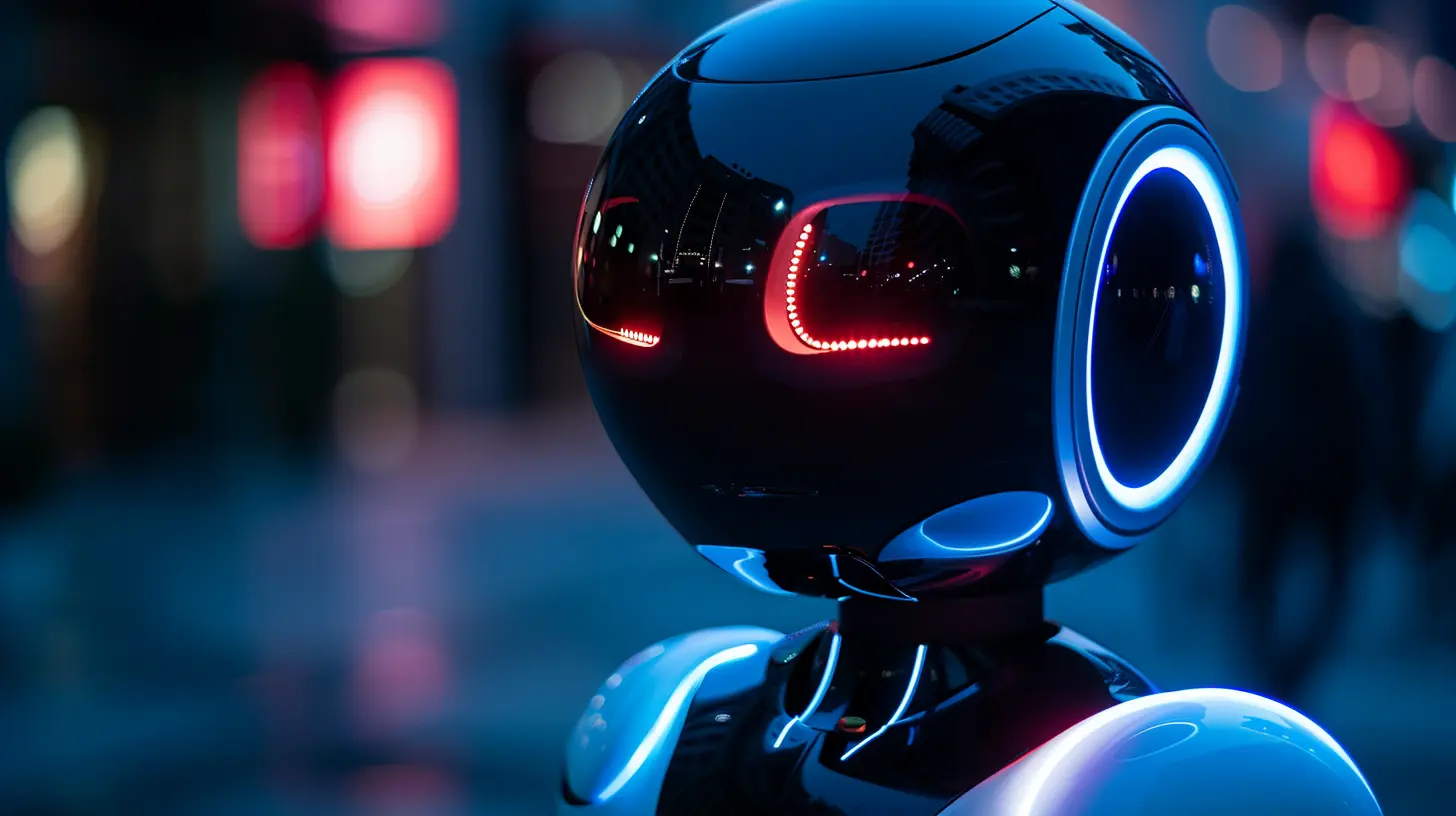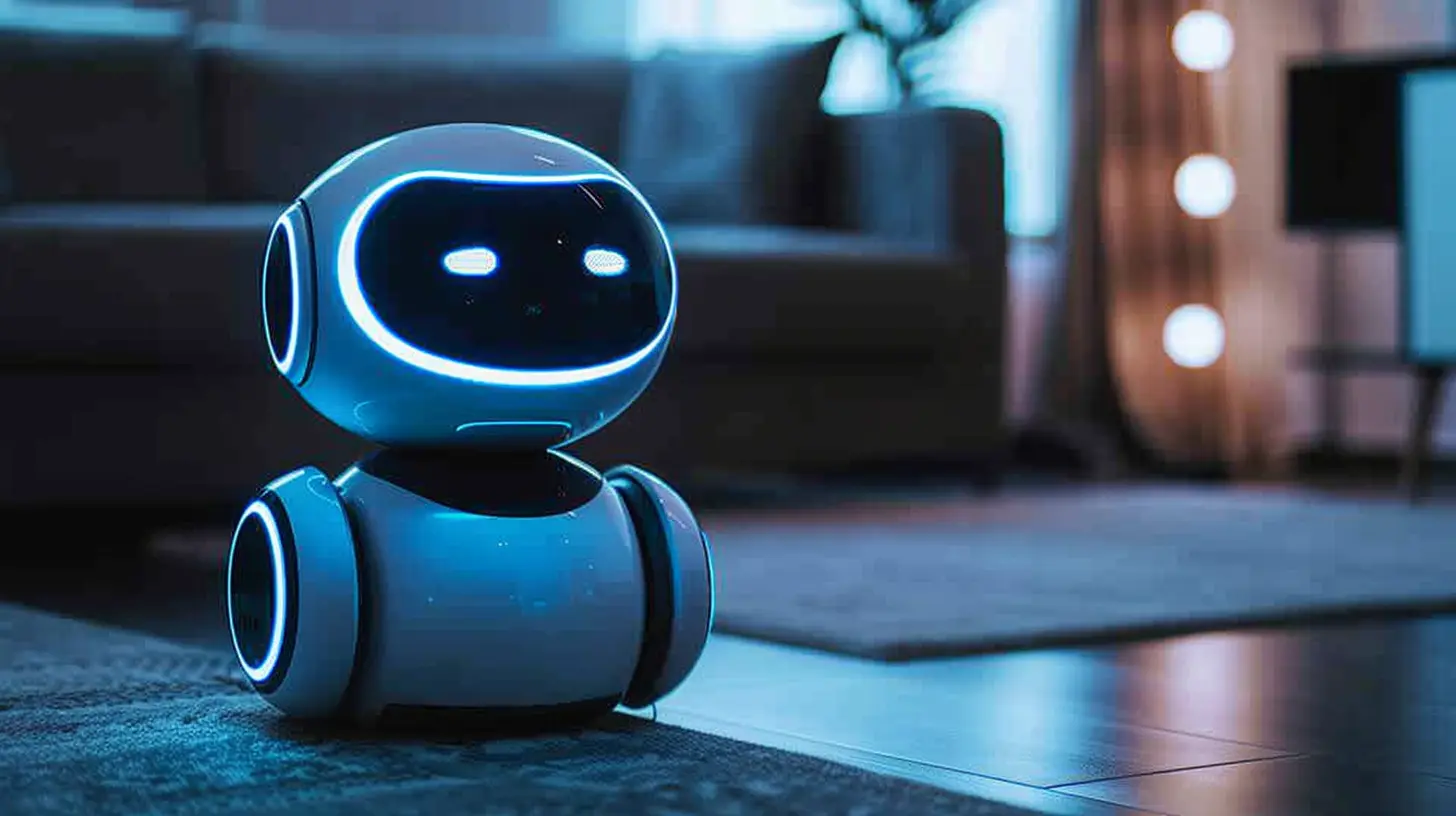The Future of Digital Assistants: What's Next?
26 October 2025
Take a second and think about how often you interact with a digital assistant. Maybe you asked Siri to set your morning alarm. Or you told Alexa to play your favorite playlist while making dinner. Maybe Google Assistant reminded you of a meeting just in time. These voice-powered helpers have become a near-invisible part of our daily routines. But as smart as they are right now, we’re really just scratching the surface of what they're capable of.
In this article, we'll take a curious dive into the future of digital assistants. We’ll look at emerging technologies, the direction things are heading, and the incredible ways these virtual helpers are going to change our lives. So buckle up—it’s going to be an exciting ride.
A Quick Look at Where We Are Now
Before we talk about where we’re going, let’s quickly recap where we are.Digital assistants like Siri, Alexa, Google Assistant, and even Microsoft’s Cortana (RIP in consumer devices) can now perform a variety of useful tasks. Voice commands? Check. Smart home control? Check. Answering simple questions and setting reminders? Absolutely.
They've become multi-functional but still limited. We're basically using them like glorified remote controls with voices. There’s a lot of potential still bottled up, waiting to be unleashed.
So, What’s Next? Let’s Peek Into the Crystal Ball
The future of digital assistants is all about context, emotion, proactivity, and integration. Let’s break down the most promising frontiers.1. Context-Awareness: Smarter Conversations
Have you ever asked your assistant a question like, “What’s the weather like?” and then followed up with “How about this weekend?” only to be met with silence?Yeah, we’ve all been there.
That’s because today’s digital assistants aren't fully “context-aware.” They struggle to understand follow-ups or the nuances of human conversation.
But future assistants? They're going to be much better at this. With the help of advancements in Natural Language Understanding (NLU) and AI models like GPT-4 and beyond, these assistants will remember what you're talking about across multiple queries. Their conversations will start to feel more human, less robotic.
They'll recognize who you're talking about when you say “she,” know that “later” might mean “after your next meeting,” and give you smart suggestions based on the flow of the conversation. Finally!
2. Hyper-Personalization: Tailored Just For You
Picture this: your digital assistant knows you so well, it actually feels like a personal concierge.This is where we're headed.
With access to data like your calendar, location, preferences, emails (with permission, of course), and even biometrics, future digital assistants will be able to:
- Suggest the perfect restaurant for dinner (based on your past reviews and current mood).
- Automatically reschedule meetings if you’re running late.
- Remind you to buy milk when you’re actually near the store.
- Notice when you’re stressed and offer calming music or breathing exercises.
The goal is to make interactions seamless and to anticipate your needs before you even know them.
3. Emotional Intelligence: More Than Just a Voice
Right now, if you’re feeling down and you ask Alexa how she’s doing, you’ll probably get something like, “I’m great, thanks!” Not exactly comforting.In the future, expect your assistant to read the room... or rather, read you.
Facial recognition, voice inflection analysis, and behavioral patterns will help digital assistants understand your emotional state. If you’re anxious, they might speak more softly. If you’re hyped, they might match your energy.
This means your assistant becomes more than a helpful robot. It becomes an emotionally responsive companion.
Creepy? Maybe. But also kind of amazing.
4. Integration With Everything: The Seamless Ecosystem
Do you remember the early days of smartphones when every app lived in its own little bubble? Digital assistants are kind of in that awkward teenage phase right now.But just like smartphones evolved to create more of a unified experience, digital assistants are heading the same way.
Expect to see tighter integration between digital assistants and everything—from your car to your refrigerator to your fitness tracker and even your doctor’s office.
This could mean:
- Starting your coffee maker as soon as your alarm goes off.
- Your car already knowing your destination and traffic patterns before you hop in.
- Real-time health monitoring that alerts both you and your healthcare provider.
It’s like your digital assistant becomes the glue connecting the different parts of your digital life.
5. Proactive Assistants: Help Before You Ask
Today’s assistants are mostly reactive. You tell them what to do, they do it. Cool, but not exactly mind-blowing.In the near future, expect digital assistants to go full proactive mode.
Instead of saying, “Hey, remind me to call mom,” your assistant will already know you usually call her on Sunday evenings and suggest the reminder for you.
Or if you have a flight tomorrow and there's a traffic jam reported near the airport, your assistant might suggest leaving earlier—even rescheduling your wake-up alarm accordingly.
It’s not just smart; it’s thoughtful.
6. Multimodal Understanding: Beyond Voice
Voice is the primary interface right now. But future digital assistants will be multimodal—they’ll understand text, touch, gestures, and even surroundings.You’ll be able to:
- Point your finger at a broken appliance and ask, “What’s wrong with this?”
- Text your assistant during a meeting when voice isn’t an option.
- Use augmented reality (AR) glasses to interact visually and get on-the-spot assistance.
It's like giving your assistant superpowers.
7. Privacy & Security: The Elephant in the Room
We can’t talk about the future of digital assistants without addressing the biggie—privacy.The more access digital assistants have, the more they know. And with that comes great responsibility.
Companies are working on ways to process data locally instead of sending everything to the cloud. Techniques like Federated Learning and on-device AI ensure your data stays yours.
In the future, expect more privacy-aware assistants—ones that balance personalization with data security. And ultimately, you’ll have more control over what your assistant knows and what it doesn’t.
8. Conversational Commerce: Your Assistant as a Shopper
Soon, shopping with a digital assistant won’t be limited to “Order more toilet paper.”We’re talking about a shopping partner that compares prices, checks reviews, considers your preferences, and lets you buy using just your voice or a gesture.
Example?
“Hey Google, I need a new office chair under $200 with lumbar support.”
And boom, your assistant pulls up top-rated options, confirms delivery times, and places the order—all while you sip coffee.
The blend of AI, real-time data, and transaction capabilities will reshape how we shop.
The Human Factor: Will We Become Too Dependent?
Here’s the million-dollar question: are we heading toward a world where humans stop thinking for themselves?Well, yes…and no.
Digital assistants will definitely take over more of our routine tasks. But that frees us up to do more creative, meaningful work. The key is balance. Think of them not as replacements, but as extensions of our capabilities.
Just like we didn’t lose our brains when calculators came along—we learned how to do more with them.
What About Jobs? Will Digital Assistants Replace People?
This is a hot and valid topic.Administrative tasks, scheduling, customer support—yes, digital assistants will take a chunk of that. But they’ll also create new job opportunities in AI training, voice interface design, privacy policy development, and more.
It’s more of a shift than a loss. Adaptability is the name of the game.
What Role Will AI Play in Supercharging Digital Assistants?
AI is the secret sauce behind everything we’ve discussed.Machine learning, deep learning, natural language processing—these are the pillars that will power emotionally intelligent, context-aware, and proactive assistants. With models like ChatGPT, Bard, and Claude pushing the limits, AI is only getting smarter, faster, and more human-like.
In the near future, it’s not far-fetched to imagine an assistant that acts as your project manager, therapist, fitness coach, and friend—all rolled into one.
Yeah, we’re heading into sci-fi territory (in a good way).
Challenges Ahead: It’s Not All Sunshine and Rainbows
We’ve got to acknowledge the hurdles we still need to jump over:- Bias in AI: Digital assistants can still exhibit racial, gender, and cultural biases depending on their training data.
- User trust: People remain skeptical about how their data is used.
- Accessibility: Not everyone has access to this tech yet.
So while innovation is exciting, ethics and inclusion must be part of the conversation as well.
Final Thoughts: Buckle Up for a Wild Ride
The future of digital assistants isn’t just about better voice recognition or fancier features. It’s about creating true digital companions—tools that understand and support us in ways we never thought possible.From smart suggestions to emotional awareness, from seamless integration to privacy-centered design—we’re about to enter an age where “Hey Alexa” becomes something much more meaningful.
The only question left is: are we ready?
all images in this post were generated using AI tools
Category:
Tech NewsAuthor:

Ugo Coleman
Discussion
rate this article
1 comments
Mika Rogers
Exciting times ahead! Can't wait to see how digital assistants evolve and make our lives even simpler and more connected. Bring it on!
October 31, 2025 at 5:46 AM

Ugo Coleman
Absolutely! The future holds incredible potential for digital assistants to enhance our daily lives in ways we can't yet imagine. Exciting times indeed!


